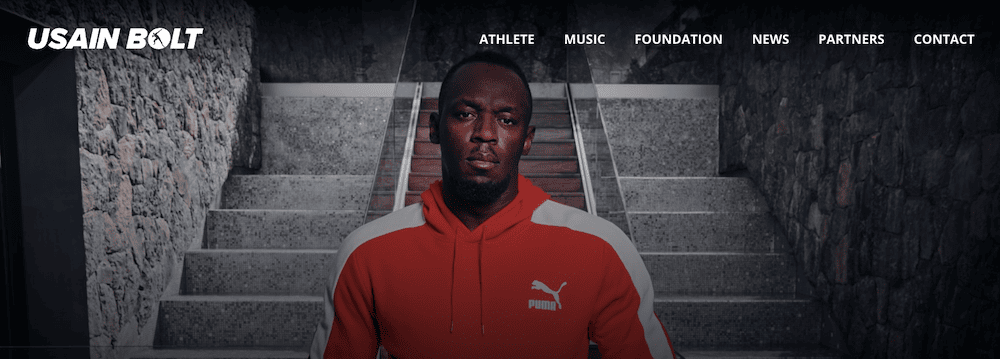Time To Celebrate: A Look At WordPress At 20
The world’s biggest content management system is turning 20. Time to celebrate, highlighting the milestones that got us here and what the future might hold for WordPress.
Oops! We could not locate your form.
The world’s biggest content management system is turning 20. Time to celebrate, highlighting the milestones that got us here and what the future might hold for WordPress.
Happy Birthday WordPress!
Just like Impact Media, WordPress, the world’s most popular CMS is turning 20 years old in 2023. It sure has seen a lot in those two decades, growing from a blogging platform to the leading Content Management System in the world, and home to 43% of the world’s websites.
Today, WordPress shines because of its usability and flexibility, honed by 20 years of new feature announcements, improvements and refinements. Now seems like the perfect occasion to dig into these developments to see how WordPress evolved and cemented itself as a global favourite.
Join us for a tour through the history of WordPress, and how those developments may inform what the present and future hold for one of the pillars of modern web development.
It all started with a webmaster writing a blog in Corsica. In 2000, Michel Valdrighi started getting tired of the limitations of blogging software at the time. He had been teaching himself PHP, so he began developing his own product: b2, named after the song he was listening to at the time (Song 2 by Blur).
Unfortunately, Valdrighi quickly found that no b2 domains were available, so he lengthened the name to b2/cafelog. His description of it at the time:
“Not much new ideas in it, but it will feature stuff like a built-in comment system, good users management (with complete profile etc), user-avatars (got piccies ?), multiple ways of archiving your blog (even post by post if you like to do a kind of journal) (sic).
The installation will be easy, just edit a config file, upload everything and launch the install script. And there you go, but you’d like an admin control panel? It will be there, packed with options.”
By 2002, b2/cafelog had about 2,000 users. But Valdrighi had to abandon the project for personal reasons, frustrating one power user who decided to take matters into his own hands. Matt Mullenweg, an American saxophonist, partnered with British developer Mike Little (another b2 user) on a new, more comprehensive, and more user-friendly platform based on the source code of b2.
Just like that, the first version of what we now know as WordPress was born.
May 27th of 2003 saw the 0.7-version release of WordPress, which improved b2/cafelog in several ways. It included a texturise engine, a links manager, templates that would be compliant with XHTML 1.1, a new and more user-friendly admin interface, and the ability to manually excerpt pieces of content.
From there, things started to move quickly. Valdrighi joined back up, leading to a regular stream of updates that all culminate in where we are today.
Since then, updates have largely focused on improving existing features like the Gutenberg editor.
While updates and improvements continued during the COVID-19 pandemic, the WordPress community still faced major challenges. Planned events, like its popular WordCamps and meet-ups had to be shuttered as in person events became impossible and developers and power users took to remote work instead.
Fortunately, that activity is starting to pick up again. To celebrate its 20th birthday, WordPress is hosting a number of events on every continent.

Meanwhile, WordCamp attendance is quickly picking up again, showing a re-energised community that’s ready for the next two decades and more.
Looking purely at market share, WordPress’s position is dominant. But it does face competition from privatised SaaS providers like Shopify and Squarespace, especially in the e-commerce space.
Fortunately, this is not a platform about to go stagnant. As its website states, WordPress is continually under development. Until it has reached its goal of creating software designed for everyone focused on accessibility, performance, security, and ease of use, that’s not about to stop.
In the immediate future, we can expect a continued focus on the Gutenberg editor as the crown jewel of the WordPress development community. It has already begun to extend to full-site editing, creating a more streamlined and comprehensive experience.
But more comprehensive changes are in store, as well. Stronger and more integrated e-commerce features are planned, alongside more comprehensive multilingual support in the core system, enabling a broader reach across audiences for all websites.
It seems odd to say that the world’s market-leading CMS is just getting started. But when you look at the trajectory of WordPress on its 20th anniversary, it certainly seems that way. In part because of the community behind it, this CMS is not about to stop improving or evolving anytime soon.
Alongside it’s usability and flexibility, it is this huge community working on and with WordPress, that ensures its longevity and continued ability to provide a reliable website platform for businesses and individuals alike.
Whilst other platforms have come and gone, or lack support, or come with exorbitant licensing, WordPress with its open source nature, huge community and desire to keep improving and evolving, is unlikely to go anywhere. Making it a sound bet for any business looking for a future-proofed CMS that can scale and be customised for organisations of any size.
Here are just a few businesses you may recognise, with WordPress websites:

In case, you can’t tell, we love WordPress, and we’re proud to be turning 20 in the same year. If you want to learn more about our web design and development approach and how we incorporate WordPress into that, contact us.


WordPress Core version 6.5 was released on April 2nd. So let's take a quick look at some of the main changes it brings with it.
 Richard Ramirez
Richard Ramirez

WordPress Core version 6.4 is released today. So let's take a quick look at some of the main changes it brings with it.
 Richard Ramirez
Richard Ramirez

If you're looking for the right contact form solution for your WordPress or WooCommerce website, there are certainly no shortage of options on the market.
 Richard Ramirez
Richard Ramirez